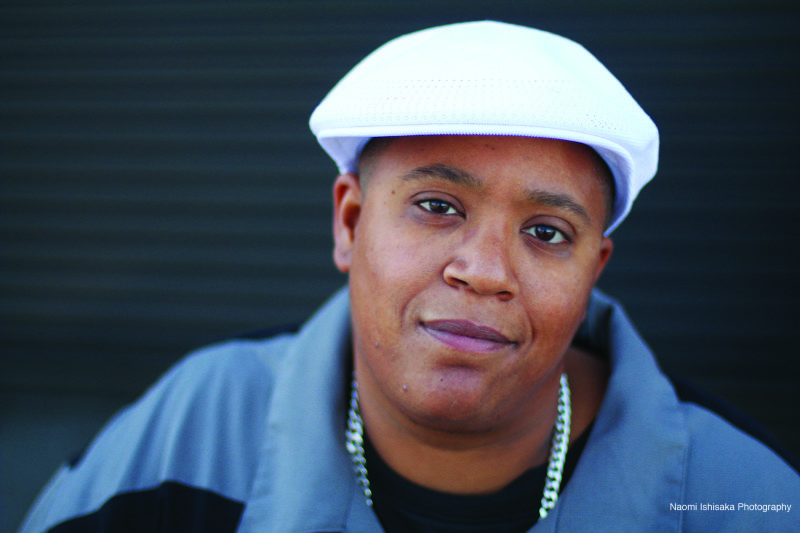Perhaps even more importantly, her childhood allowed her to witness those around her demanding change and acting with agency. She saw "people fighting back," she says.
It also gave her some unique family traditions.
Her family celebrated Kwanzaa every year, but with a big caveat. Her mother was skeptical of the holiday, in part because it was founded by Maulana Karenga. (He had changed his name from Ronald McKinley Everett.) Karenga's black nationalist Organization US was a rival of the Black Panther Party. That rivalry ended in a gun battle at UCLA that took the lives of two Panthers.
"Every year she would make a speech about how much she hated Kwanzaa and how it was narrow nationalism, and how we could not stand for narrow nationalism in this day and age." But then, Cyril says, they would celebrate the week-long holiday anyway.
Another counter-intuitive holiday ritual in her family was watching "The Sound of Music."
"Mom said 'The Sound of Music' was about — against tyranny, you know, it was fighting tyranny and Nazism," she says. "I don't know, we liked the music."
Celebrating Kwanzaa, and then watching the "Sound of Music" and "The Wiz" might be a different way to celebrate the season, but Cyril loved it.
While she obviously still treasures her childhood memories of celebration and warmth, and the lessons they gave her, that doesn't mean Cyril didn't learn from the mistakes and divisions that brought down the Black Panther Party. She knows the FBI's COINTELPRO, or counter-intelligence program, targeted the Panthers, in part by creeping in through cracks in the movement and turning them into fault lines.
"I think the biggest lesson is how patriarchy can divide a movement," Cyril says. "When we say that the Panthers were destroyed from within and without, really, the heart of that destruction was how the U.S. government used the relationships between men and women to destroy trust."
Cyril says the government preyed on the spaces where trust was already an issue. Bent on destroying the party from within, it manipulated personal relationships. She knows this because she says it was tried on her mother.
"Sending a letter to her, that said, 'I saw your man, out there with so-and-so.' So that when the FBI comes to talk to you about so-and-so, you are a lot more willing to say something because you now don't trust that person."
It wasn't just preying on the interpersonal violence of patriarchy that already existed, according to Cyril. The government also used homophobia and classism to undo the seams of unity.
Cyril says the history of how division was used to break the stronghold of the movement must be forefront in the minds of the next generation of activists.
"When we say it is our duty to fight for our freedom, what we mean first and foremost is that it is our duty to heal those fault lines," she says.
And, she adds, to not grant those fault lines the power to divide again.
